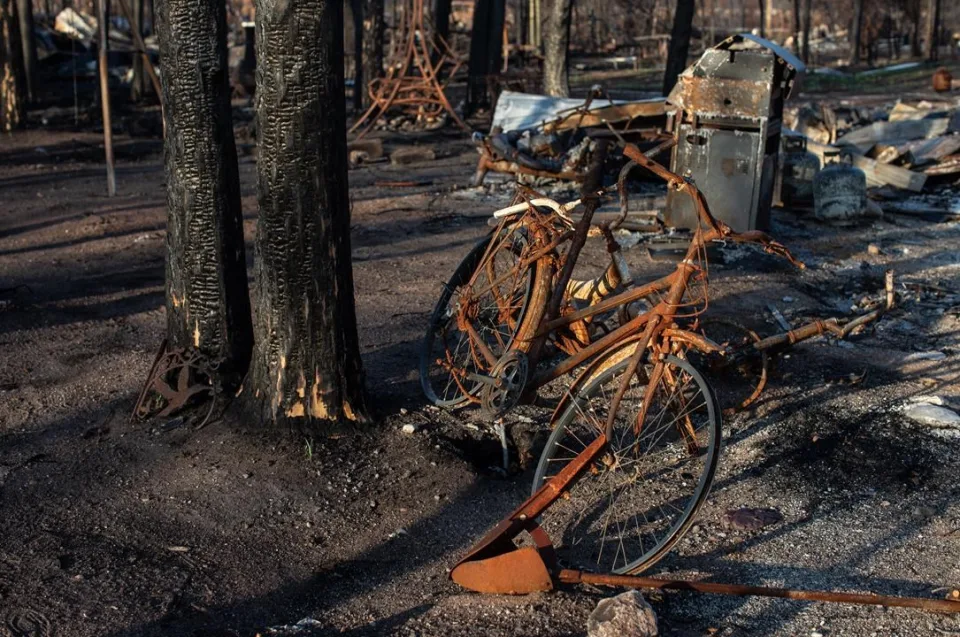Latest News
- Old Toronto film equipment store ready to be sold after 40 years
- Extensive Christmas decorations in Queen's Park to attract people
- Nearly half a million Canadians left the emergency room last year before seeing a doctor; An crisis in the system
- “New law in Ontario; Should drunk drivers pay child support?
- Dogs also found a shuttle service
Latest Ads
-
Jasmine Jewel
Call
-
Omidan group
Call
-
Amir Madanpour
Call
-
Dimo studio
Call
-
Yorkacademy
Call
-
Maryambagheri
Call
-
Shishlix Restaurant
Call

Drought and heat increase the risk of a repeat of last summer's wildfires
Feds warn of urgent need to address climate change. "The fire season could start earlier and end later and potentially be more intense," Emergency Preparedness Minister Harjit Sajjan told a news conference on Wednesday.
The 2023 fire season was Canada's worst on record, burning more than 15 million hectares and forcing more than 230,000 people from their homes. It also created unprecedented smog in many parts of the country and the United States.
Reports indicate that this year's April and May conditions are ripe for early and above-normal fire danger from Quebec to British Columbia.
The forecast is based on a warmer-than-normal winter with minimal snow and widespread drought, especially in the Prairies. Also, there is a high probability of higher than normal temperature in the months of April, May and June.
About 70 fires are currently burning, mostly in British Columbia, Alberta and the Northwest Territories. Most of them are actually fires that started in 2023, subsided over the winter, and then erupted again.
According to experts, human activities are usually the main cause of wildfires in the spring, including neglected fires, campfires, fireworks and heat from vehicles igniting grass or other debris on the ground. Lightning is also a major source of fires during the summer.
Canada has been struggling for months to prepare for this wildfire season, pledging more funding for equipment and training for firefighters.
news source
Suggested Content
Latest Blog
Login first to rate.
Express your opinion
Login first to submit a comment.
No comments yet.


































